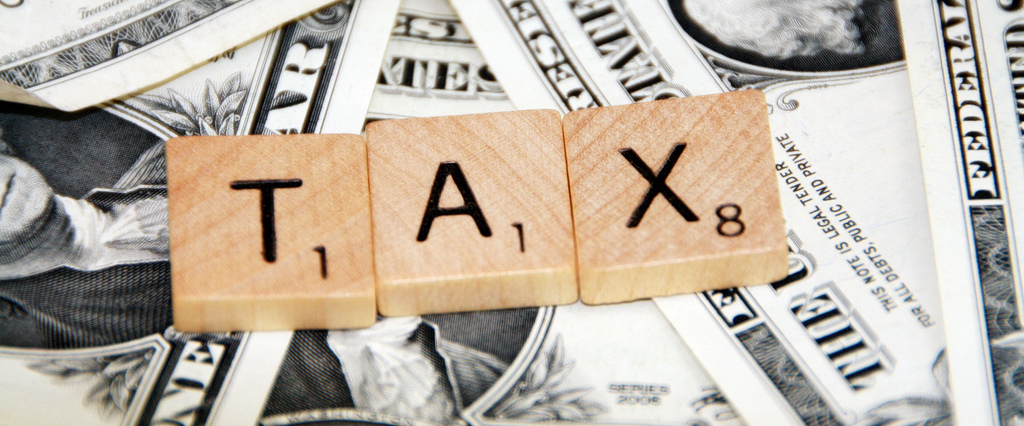Tax Cuts Reach Six-Month Mark
By David Morse, CPA Tax Policy Associate Director
It’s been six months since President Trump signed the Tax Cuts and Jobs Act (TCJA). And the legislation has enjoyed a rosy afterglow, receiving credit for every bonus or capital expenditure. But tax analysts agree that it’s simply too early to see the results. A better question would be, how much tax advantage do multinational corporations still have over their domestic competitors even after TCJA’s passage?
According to the Congressional Budget Office (CBO), multinational corporations are still able to shift much of their profits to offshore tax havens. In fact, the CBO estimates that only $65 billion of a potential $300 billion in profit-shifted assets will be taxed under the new TCJA. Put simply, the new law reduced the effective tax rate advantage that multinational corporations enjoy over domestic competitors, but not completely. And so, domestic corporations are still paying a higher effective tax rate than their competitors.
While some American companies, like UPS, are examining the TCJA to figure out how to avoid as much tax as possible, so are the foreign multinationals. Some companies have it all figured out as exemplified in a Reuters piece that analyzed multinationals like pharmaceutical giant AbbVie. AbbVie’s Chief Executive had told investors that they expected their tax rate to drop to 9 percent from previous years’ tax rates of roughly 22 percent. This expectation is not surprising due to the move to a quasi-territorial tax system and an overall statutory rate reduction to 21 percent. What was surprising was the fact that protections provided in the new tax law (known in the tax policy world as GILTI and BEAT) guaranteed multinational corporations would pay at least a 10.5 percent rate on potentially profit-shifted revenue. However, AbbVie is looking at a 9 percent rate. When analysts delved deeper, they found that AbbVie reported foreign earnings before income tax of $10.4 billion in 2017 on international revenue of only $9.97 billion. Apparently, earnings were greater than revenue. It appears that profit shifting is alive and well.
AbbVie has many other advantages due to size, market share, and patents. And pharmaceuticals is a diverse field. But while Abbie presents a glaring example of profit shifting, it is by no means alone. Other multinationals, like Expedia and Microsoft, continue to enjoy effective tax rates far below their domestic competitors. And often, domestic competitors go out of business or never get past the start-up phase.
The Coalition for a Prosperous America firmly believes that while the Tax Cut and Jobs Act was a helpful start, it is time to truly put domestic American companies on equal footing with multinationals. CPA is strongly pushing for Sales Factor Apportionment (SFA), a tax system already recognized as a proven concept in various state legislatures. SFA eliminates nebulous, self-policed tax accounting in favor of a standardized system. With SFA and a destination-based corporate tax system, domestic companies can finally gain an equal footing with multinational corporations.













